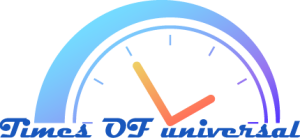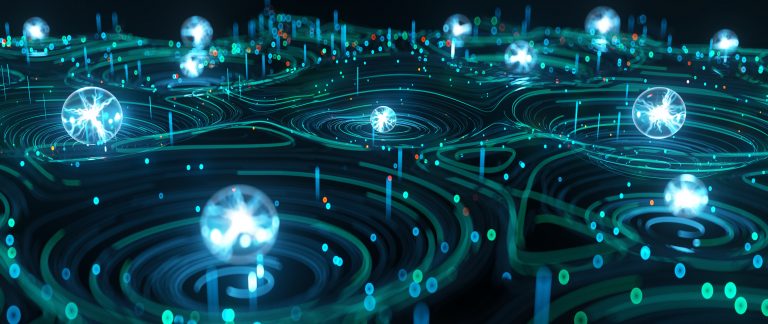The pioneering work published in the Physical Review Letters journal addresses the longstanding challenges of decoherence (loss of information) and imperfect control, paving the way for more reliable and sensitive quantum devices.
Quantum technologies, including computers and sensors, hold immense potential for revolutionizing various fields such as computing, cryptography, and medical imaging. However, their development has been hampered by the detrimental effects of noise, which can disrupt quantum states and lead to errors.
According to lead researcher, Hebrew University Ph.D. student Alon Salhov, “Our innovative approach extends our toolbox for protecting quantum systems from noise. By focusing on the interplay between multiple noise sources, we’ve unlocked unprecedented levels of performance, bringing us closer to the practical implementation of quantum technologies.”
Many traditional approaches to mitigating noise in quantum systems primarily focus on temporal autocorrelation, which examines how noise behaves over time. While effective to some extent, these methods fall short when other types of noise correlations are present. The researchers have introduced an innovative strategy that leverages the cross-correlation between two noise sources. By exploiting the destructive interference of cross-correlated noise, the team managed to significantly extend the coherence time of quantum states, improve control fidelity, and enhance sensitivity for high-frequency quantum sensing.
Key achievements of this new approach include:
- Tenfold Increase in Coherence Time: The duration for which quantum information remains intact is extended ten times longer compared to previous methods.
- Improved Control Fidelity: Enhanced precision in manipulating quantum systems leads to more accurate and reliable operations.
- Superior Sensitivity: The ability to detect high-frequency signals surpasses the current state-of-the-art, enabling new applications in quantum sensing.
The research was conducted by experts in quantum physics, Ph.D. student Alon Salhov, under the guidance of Prof. Alex Retzker from Hebrew University; Ph.D. student Qingyun Cao, under the guidance of Prof. Fedor Jelezko; Dr. Genko Genov from Ulm University; and Prof. Jianming Cai from Huazhong University of Science and Technology.
The study titled “Protecting Quantum Information via Destructive Interference of Correlated Noise” can be openly accessed here.
Researchers:
Alon Salhov1, Qingyun Cao2,3, Jianming Cai3, Alex Retzker1,4, Fedor Jelezko2, and Genko Genov2
Institutions:
- Racah Institute of Physics, The Hebrew University of Jerusalem
- Institute for Quantum Optics, Ulm University, Germany
- School of Physics, International Joint Laboratory on Quantum Sensing and Quantum Metrology, Huazhong University of Science and Technology, China
- AWS Center for Quantum Computing, USA
Funding
Clore Israel Foundation Scholars Programme, the Israeli Council for Higher Education, and the Milner Foundation. This work was funded by the German Federal Ministry of Research (BMBF) by future cluster QSENS and projects DE-Brill (No. 13N16207), SPINNING, DIAQNOS (No. 13N16463), quNV2.0 (No. 13N16707), QR. X and Quamapolis (No. 13N15375), DLR via project QUASIMODO (No. 50WM2170), Deutsche Forschungsgemeinschaft (DFG) via Projects No. 386028944, No. 445243414, and No. 387073854, and Excellence Cluster POLiS European Union’s HORIZON Europe program via projects QuMicro (No. 101046911), SPINUS (No. 101135699), CQuENS (No. 101135359), QCIRCLE (No. 101059999) and FLORIN (No. 101086142), European Research Council (ERC) via Synergy grant HyperQ (No. 856432) and Carl-Zeiss-Stiftung via the Center of Integrated Quantum Science and Technology (IQST) and project Utrasens-Vir. A. R. acknowledges the support of European Research Council grant QRES, Project No. 770929, Quantera grant MfQDS, Israel Science Foundation and the Schwartzmann university chair. J. M. acknowledges the National Natural Science Foundation of China (Grants No. 12161141011).


